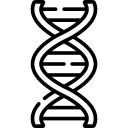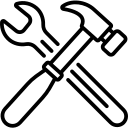Participating Teams
Here you can see an overview of all the TU/e Contest candidates and teams. You can also filter on category, cluster of teams that are still looking for members!
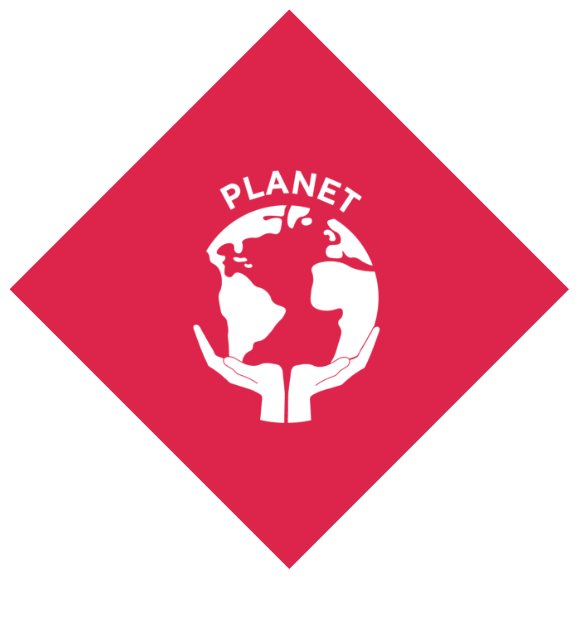
Marketswiper
Marketswiper tries to increase online secondhand sales and improve circularity by making people reuse more.
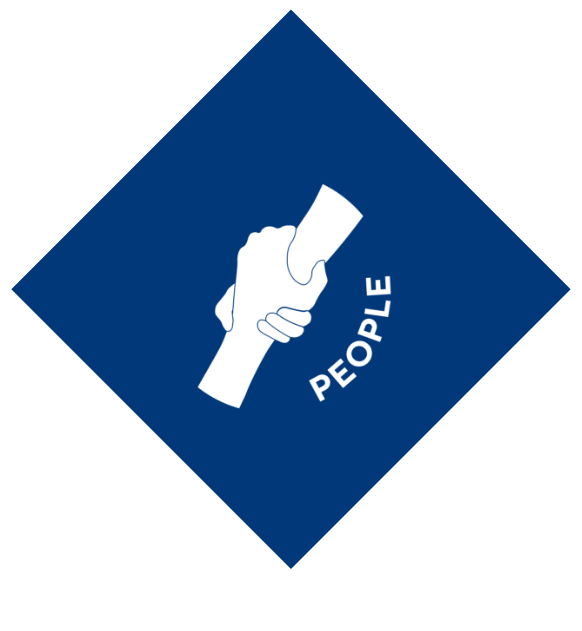
LENS
We are addressing the problem of ineffective learning. Students study too much or too little without any tangible learning benefits. As well as this, studying is normally completed without any specific technique or consistence - for instance, many students re-read a textbook several times or highlight notes as their main study method. At Lens, we know that this is not only an ineffective strategy of study, but may as well be one of the worse out there.

SustainaBill
The existing billing infrastructure in retail stores is an overlooked and unsustainable practice. With 90% of paper bills produced ending up in the trash or forgotten, that too within 10 seconds of being printed, it’s outrageous to think about the resources consumed for production of a bill. However, bills are still used on a daily basis - majorly for customer checkout, and marginally as proof for returns and warranty. Moreover, customer purchases are vital data for the stores which is analyzed digitally through POS software, while the bills provided to customers requires a lot of effort from the customer's side to extract valuable insights for themselves.
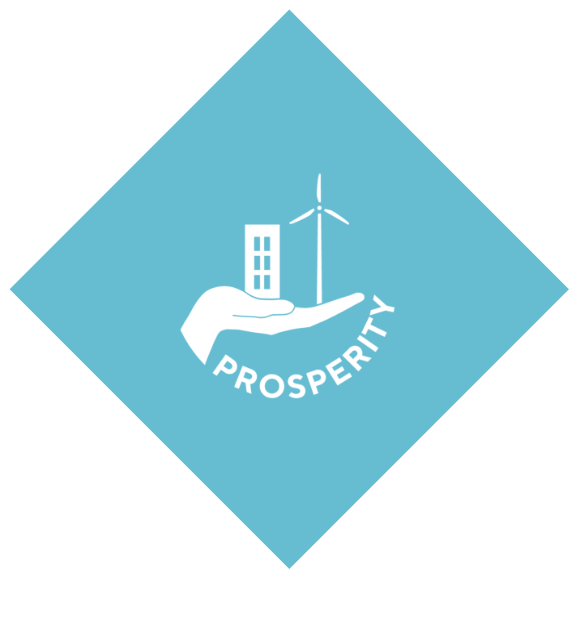
ISA - Info Serving Assistant
Information (especially in complex businesses or projects) can be vast and often go way beyond the limit of what humans can process and remember. In an ever more complex world, there should be a simpler way to look up, interact with and get to decisions with your data.

SimEnergy
SimEnergy was created by a group of students from the Honors Academy of the TU/e with the aim of combating energy poverty and making sustainability affordable for all. Over 750,000 households in the Netherlands fit the criteria for energy poverty. The rollout of smart meters have facilitated the reading of consumption. However, are smart meters enough to drive behavioural change and less consumption?

LAB76 - 3D Animation Studio
There is still a large gap between science and society. As we noticed during the pandemic, there is a need for more scientific communication. Society in general has no access to or does not have the time/knowledge to read scientific papers. News cannot always clearly explain complex concepts with news articles, and anyone can write explainer news articles, therefore confusing what sources can be trusted and what cannot. Only large corporations such as Pfizer have the means to hire/make good explanation videos.

Start-it!
Start-ups have a tough time putting everything in place by themselves to get going. At the same time, students are hesitant to commit to demanding internships.


Tinder for Food
with a lot of restaurants to choose from it's sometimes hard to make a choice

Integro
Data is essential to the success of any organization, but its widespread nature can create significant challenges for companies. With data being stored in various locations and systems, it becomes difficult to access and manage. To combat this, many companies have turned to centralized data teams. However, this approach often results in a huge backlog of data requests and visualizations, causing delays and a lack of agility. The backlog creates a bottleneck in the decision-making process, hindering the ability of employees to access and use the data they need to drive business success. Companies need a solution that balances the centralized management of data with decentralized access, ensuring data is accessible and actionable for everyone, without sacrificing agility and efficiency.
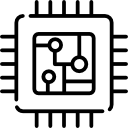
.png)
.png)



